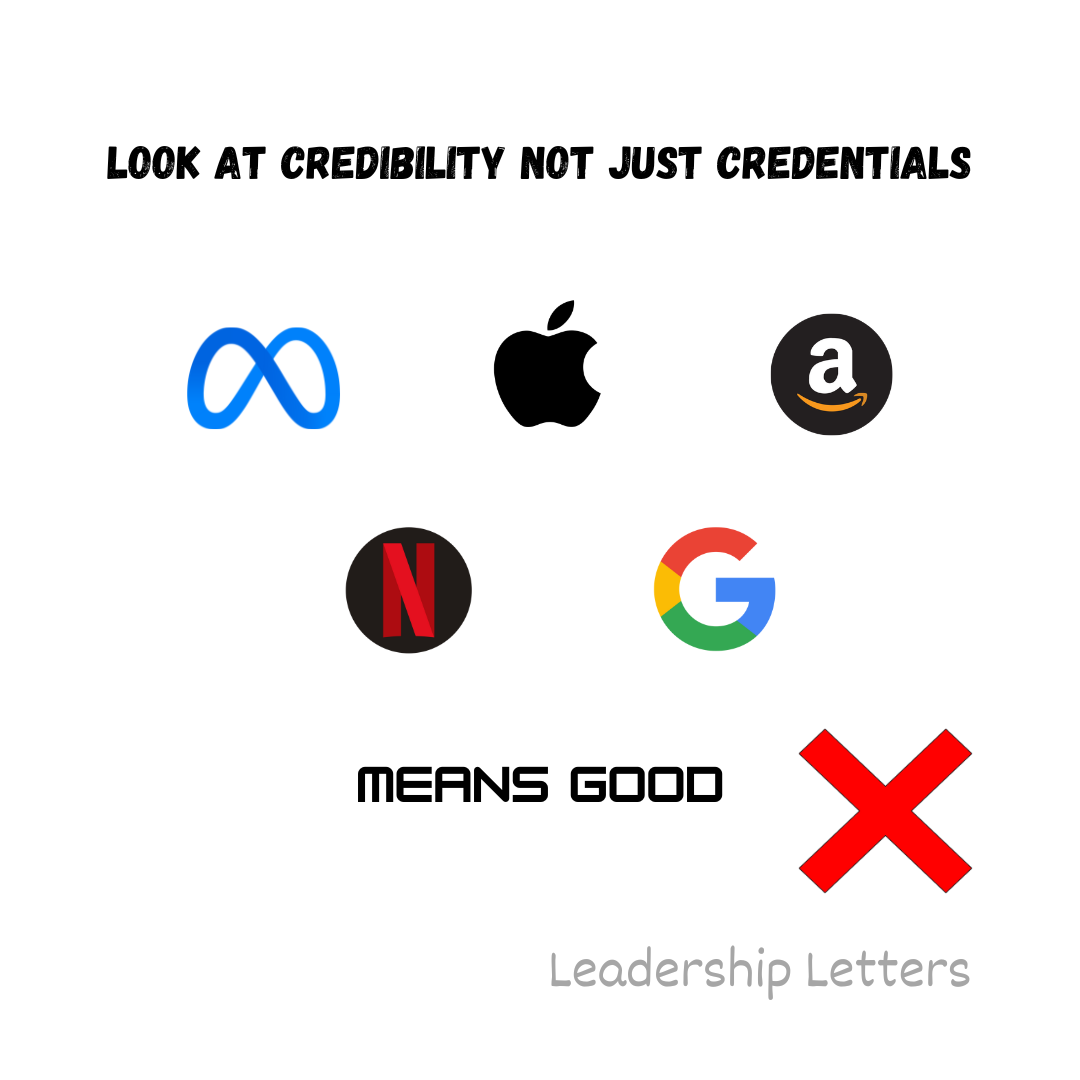Wait What!? Delegation is Bad?
Brief digest on Paul Graham’s Founder Mode vs Manager Mode
👋 Hi, this is Akash with this week’s newsletter. I write about leadership and growth in software engineering. We’re now a 3500+ member community! Thank you for your readership ❤️.
This week, I’m covering how misplaced delegation can ruin a company/team. Paul Graham’s post on Twitter stirred the debate on effective leadership. There’s a lot to learn. Hope you enjoy this edition!
Corporate Leadership 101 tells us that delegation is the way to scale yourself.
As you grew in your career, did you ever feel the following:
I can’t do everything alone. I need to rely on others more
If I get in the way too much, others will not grow and leave
I certainly have. But the question becomes, how often is the delivery not up to your expectations?
To scale up, creating a hierarchy was an obvious choice. But, the best leaders I’ve worked for were all stressed about their jobs. I couldn’t understand why.
Earlier this week, Paul Graham’s note on “Founder mode” blew up Twitter (Now X). He talked about how founders have been getting bad advice about delegation for generations. Almost killing their startups on some occasions.
After reading this, answers to my earlier question started to become obvious. “Why all great leaders stressed most of the time?”
Today, we will talk about increasing the effectiveness of your leadership by learning from founder mode.
⭐ Main Takeaways
Understand the difference between delegation and trusting without verification
3 mistakes I have made as a leader and how to avoid them
📣 Get the most viral content in 9-seconds (Collaboration)
Volv is a Snapchat-backed social news app that consolidates the most important, viral, and interesting content from around the web into 9-second stories that you can just scroll through like social media.
Users call it “TikTok for smart people” since they use Volv instead of TikTok and Instagram to discover quality content that they would’ve never read otherwise. So far, users have read 60 million stories on Volv.
Here’s a code you can use to get Volv Premium free for a month: VOLVLL
Before discussing the topic further today, let’s understand what Paul refers to as these two modes.
🚀 Founder mode
Founder mode represents a flat organizational structure. Even as a company gets large and requires some structure, top leaders (founders) are still involved with most delivery. There will be a delegation, but getting involved is considered more positive than micromanaging.
🗂️ Manager mode
Manager mode represents a modular organizational structure. Each module is responsible for delivering certain pieces. Leaders (founders) hire other leaders to form a hierarchy. There’s a deeper reliance on ownership and responsibility.
As Paul noted, most founders get the advice of shifting to manager mode as they scale. But the majority of them saw a downtrend in performance. The question was, “Why was everyone telling these founders the wrong thing?”
🛑 Why delegation doesn’t work?
Don’t get me wrong; delegation remains crucial for success. It’s just that we need to clearly understand when delegation becomes an assignment. And nobody likes assignments.
As you might know, I started my journey on my second startup stint few weeks back. My leadership journey found its way through Google, Apple and now here at the startup. I always get advice to stay out and let people do their work.
It made sense, but I was never satisfied. Sometimes, I felt that people around me didn’t share the same passion for the work. Other times, I blamed myself for not being a leader who can motivate well.
Let’s understand how or when to delegate. We will transform the “founder vs. manager mode” discussions into how they affect leadership in general.
1) Empowerment comes from within
“I will empower my team to make decisions.” It doesn’t work. I can’t empower you to do anything. A leader can only inspire and motivate their team. A motivated team feels empowered.
I have made the mistake of delegating to individuals, thinking I’m empowering them. The result was not good. I was forcing my empowerment to others. Instead, you should:
Focus on building motivation and inspiring your team
Align goals with what each individual cares about
Monitor progress and get involved
Founder mode: 1 | Manager mode: 0
2) Trusting only credentials is a mistake
I have worked at some of the largest companies. I led teams at Google Apple. But that doesn’t mean anything. I might come into your organization as a leader and ruin it.
Hiring “good” people and giving them space to do their work isn’t straightforward. Most founders experienced “hire professional fakers and let them drive the company into the ground.”
My ability to lead an organization depends on how much I share the vision. This is why hiring is so difficult. Here’s what I’d recommend:
Look at objective achievements that translate to your company
Measure motivation continuously. Fakers will make mistakes sooner than you think
Communicate what their credentials mean to you and what you expect
Founder mode: 2 | Manager mode: 0
3) A leader must lead
I admire leaders who did not leave me alone to do my thing. They were regularly involved in helping me get better.
Our default assumption is when a leader gets involved, it’s micromanagement. That’s bad. But, if someone isn’t delivering on their promises, is it still wrong?
Here’s what I’d say: micromanage with consent. There’s a huge difference when you say,
✅ “Why this wasn’t done? I want you to finish this by EOD.”
❌ “As we discussed, this should have been completed. What’s going on? How can I help?”
The former one comes from your typical boss, most of the time from a non-technical manager. They don’t care about the problem but try to hold you accountable.
The second example highlights involvement and a leader’s ability to solve problems independently.
Who would you respect more?
A leader is someone you want to become.
Founder mode: 3 | Manager mode: 0
🌟 🔍 Parting Thoughts
Paul’s post highlights a great point that sparked a debate in the industry. But, to me, it adds clarity to the discussion of what a good leader is. It’s neither “founder” nor “manager” mode. It’s the “leader” mode.
A good leader doesn’t get out of your way after giving you work. Trust me, I was led by such leader, and it was not fun!
A good leader,
Help you figure out your place in the organization (by hand-holding occasionally)
Share their wisdom and experience to save you from making the same mistakes (and allow you to make your own)
Are not afraid of getting their hand dirty and show you the path
I have worked for great leaders, some of whom are C-suite executives at the largest companies in the world. It was not easy. I was always on my toes, but I enjoyed every bit of it.
What leadership attributes do you appreciate in your leaders?
What do you think of Paul’s distinction?
Share them in the comments!
Still curious? Read the original post: https://paulgraham.com/foundermode.html
🐦🔥 This Week’s Favorites
Tech promotion algorithm from High Growth Engineer by Jordan Cutler
Start influencing from day 1 from The Hustling Engineer by Hemant Pandey
Always pin your dependencies from The T-Shaped Dev Petar Ivanov
👋 💬 Get In Touch
Want to chat? Find me on LinkedIn.
If you want me to cover a particular area of leadership, you can reach out directly to akash@chromium.org.
If you enjoyed this content, please 🔁 share it with friends and consider 🔔 subscribing if you haven’t already. Your 💙 response really motivates me to keep going.







I think his point isn’t that delegating is bad but that some organisations are managed bottom-up instead of top-down.
Instead of the strategy being enforced top down, managers ask their reports what they’ll do, they do the same, all the way down the chain until you reach ICs.
Effectively ICs (lowest paid members) are running the show.
Very correct